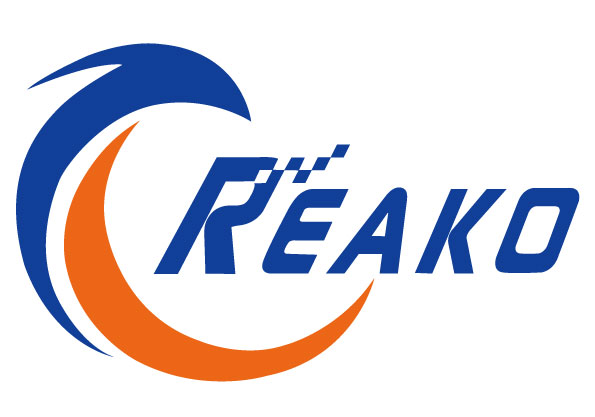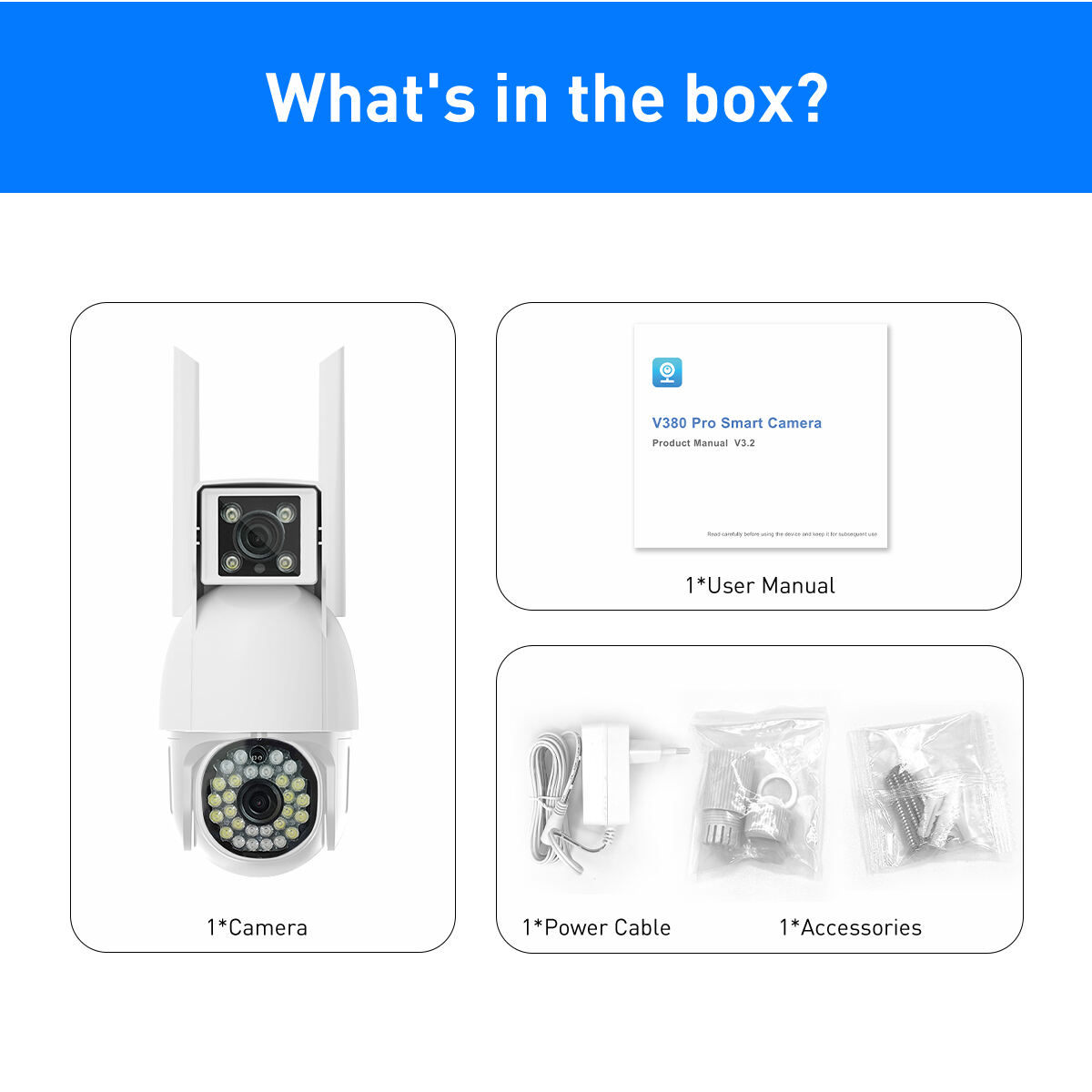iPTV сега
IPTV Now представлява най-съвременното стриймингово решение, което трансформира начина, по който консумираме телевизионно съдържание чрез интернет протокол технология. Тази иновативна услуга предоставя телевизионни програми директно чрез широколентови интернет връзки, като предлага на зрителите безпрецедентен достъп до живи канали, съдържание по заявка и интерактивни функции. Системата използва усъвършенствани протоколи за стрийминг, за да гарантира висококачествено предаване на видео, като същевременно поддържа стабилна производителност на различни устройства. С IPTV Now потребителите могат да получат достъп до хиляди канали от цял свят, включително местни излъчвания, международни програми и специализирано съдържание. Услугата поддържа множество едновременни потоци, което позволява на различни членове на семейството да гледат предпочитаното си съдържание едновременно на различни устройства. Платформата включва адаптивна технология за стрийминг на бит скорост, която автоматично коригира качеството на видеото въз основа на наличната честотна лента, за да предотврати буфериране и да гарантира непрекъснато възпроизвеждане. Освен това IPTV Now включва сложно електронно ръководство за програми (EPG), функционалност на облачен DVR и функции за набиране на телевизионни кадри, което позволява на зрителите никога да не пропускат любимите си предавания. Услугата е съвместима със смарт телевизори, смартфони, таблети и устройства за стрийминг, предлагайки безпроблемна интеграция в модерното цифрово домакинство.












